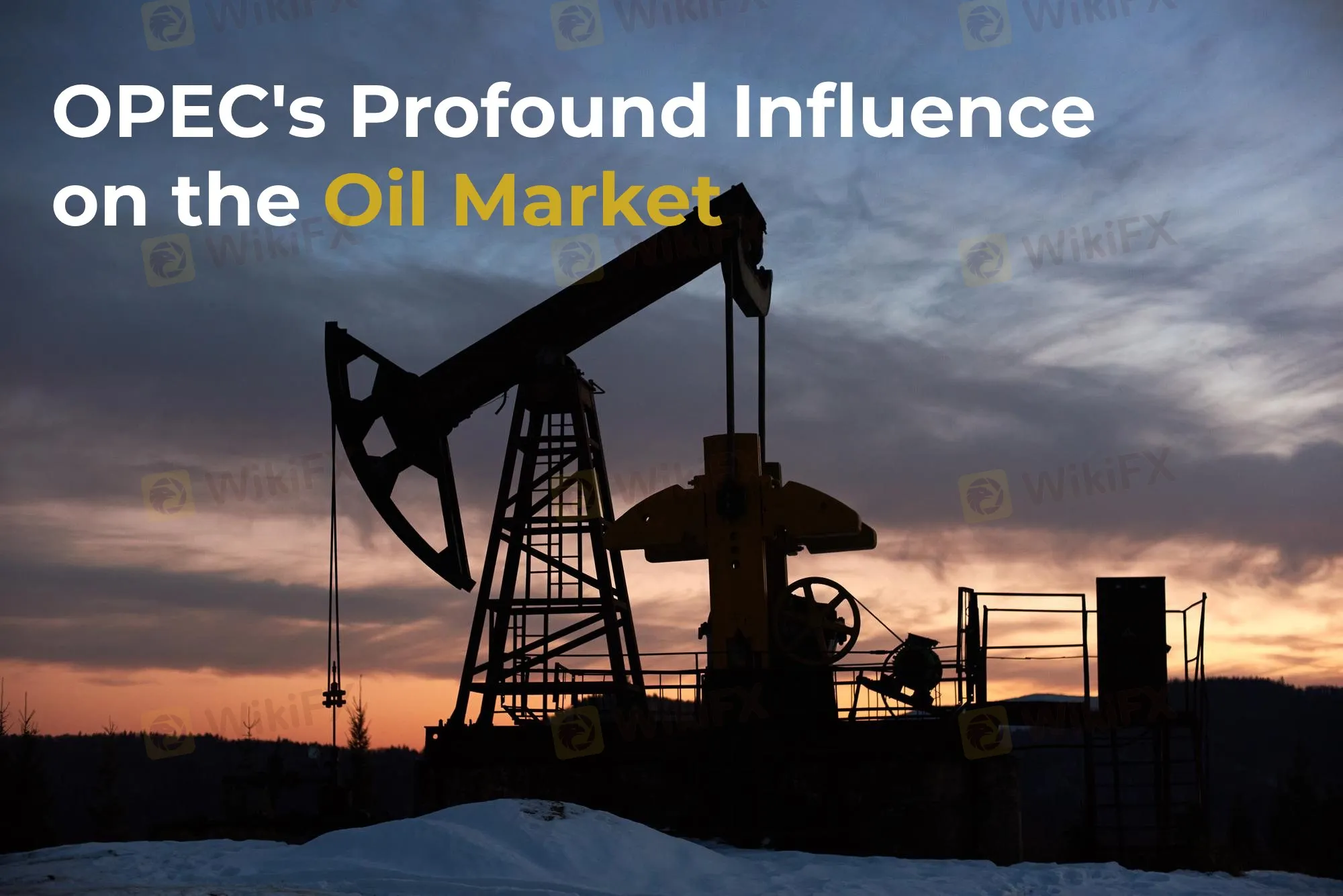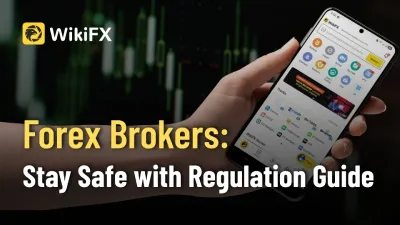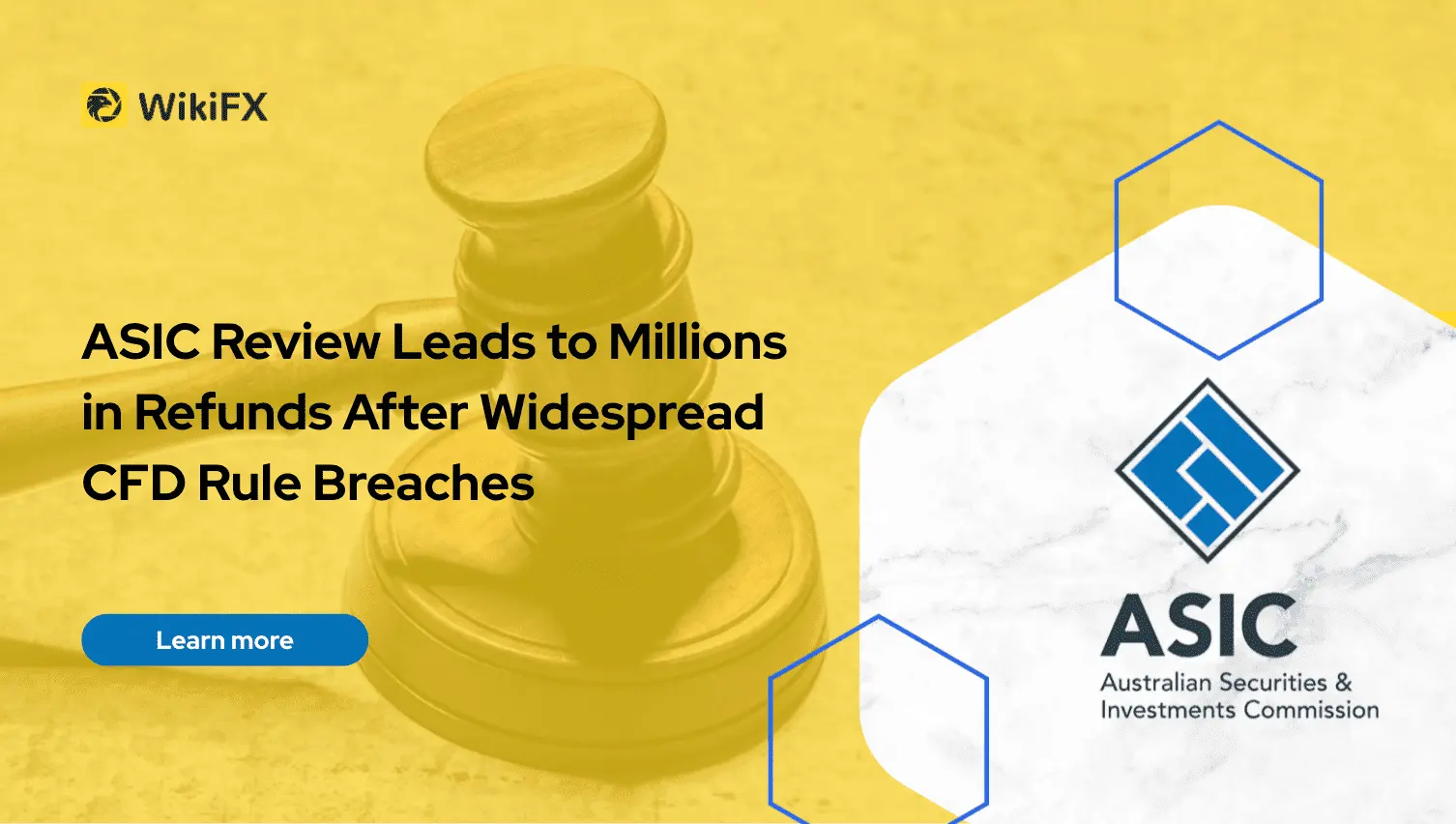Abstract:At present, oil prices remain relatively stable, but global economic recovery and shifting market demands continue to drive price fluctuations. Amid an uncertain global economic and geopolitical landscape, OPEC’s policies and actions remain key determinants of oil prices.

Currently, oil prices are hovering between $70 and $75 per barrel, maintaining a steady range. The slight rebound in prices is largely due to an uptick in global demand, along with growing concerns about geopolitical risks. While the global economic outlook remains uncertain, the gradual recovery of major economies has boosted crude oil demand, pushing prices higher. Investors and analysts are closely monitoring OPECs production policies to see how the organization adjusts in response to changing global energy needs.
How OPEC and Geopolitics Affect Oil Prices
OPEC plays a pivotal role in influencing oil prices. As a major global oil-producing organization, every decision OPEC makes regarding production cuts or increases directly impacts global prices. For example, in late 2019 and early 2020, OPEC, along with non-OPEC nations, decided to reduce production, successfully driving up oil prices. In addition, geopolitical factors are another significant driver of oil price volatility. Tensions in regions like the Middle East can disrupt oil supply, causing prices to surge. In such cases, OPEC often adjusts production levels to respond to external risks and stabilize the market.
Understanding OPEC, OPEC+, and Non-OPEC Countries
OPEC (Organization of the Petroleum Exporting Countries) is an international organization founded in 1960, consisting of 14 major oil-producing countries. These nations control around a quarter of global oil supply, with significant members like Saudi Arabia, Iraq, and the UAE.
OPEC+ is a cooperative alliance formed between OPEC and some non-OPEC oil-producing nations, including Russia, with the goal of jointly managing global oil prices through coordinated production cuts or increases.
Lastly, non-OPEC countries are those that are not part of OPEC but are still major oil producers, such as the United States and Canada. These countries also influence global oil prices, particularly with the rise of U.S. shale oil production, which has increasingly impacted market trends in recent years.
In conclusion, the decisions and strategies of OPEC, OPEC+, and non-OPEC nations directly shape the volatility of global oil prices through their production adjustments and geopolitical considerations.










